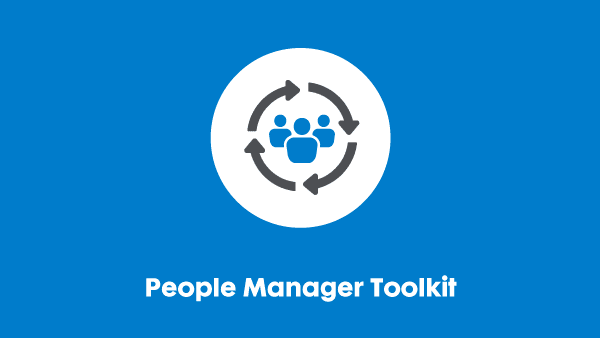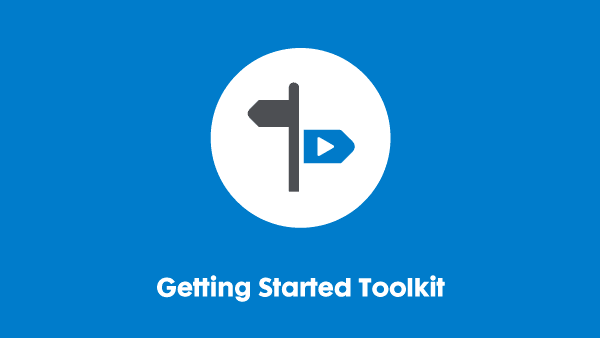Last updated: 11 September 2024
Factsheet – Vertigo

This resource is part of our Disability Essentials range. You can find the other free resources that are included in this range by clicking here.
What is vertigo?
Vertigo is a symptom and is not a disease or disability itself. It is the sensation that you or your surroundings are moving.
It is not a fear of heights as is commonly thought. The correct term for that is ‘acrophobia’.
How does vertigo affect an individual?
Vertigo is the sensation that you and the environment are moving at different speeds from each other. It is often described as ‘spinning’. Vertigo affects a person’s balance and they are at increased risk of falls.
The symptoms range from very mild (barely noticeable and lasting only a few seconds) to severe where the symptoms can be debilitating, continuous, and last for several days or months.
Vertigo can often trigger:
- nausea or vomiting
- dizziness
- loss of balance.
In most cases it resolves on its own with treatment.
What can cause vertigo?
There are some conditions which increase the risk of experiencing vertigo. Inner ear problems are a common cause of vertigo, but the brain can also be involved. The most common causes include:
- labyrinthitis – an inner ear infection
- vestibular neuronitis/neuritis – inflammation of the vestibular nerve which is needed for balance
- Ménière’s disease – causes hearing loss and tinnitus
- benign paroxysmal positional vertigo (BPPV) – related to specific head movements
- migraines
- multiple sclerosis and other neurological conditions
- medication.
Potential impact on work
The symptoms of vertigo can occur at any time. They may last seconds or much longer; it will depend on the cause.
The safety of the individual and others must be considered with vertigo. It is imperative that a person with vertigo does not do the following until they have had medical clearance:
- drive
- work at any heights
- operate machinery.
The individual has a legal obligation to advise the Driving and Vehicle Licensing Agency (DVLA) about any condition or symptom that may affect their ability to drive, including vertigo.
Some jobs have specific regulations that prevent people with vertigo from performing certain tasks either temporarily or permanently. Occupational Health will be able to advise you on this.
Legal duties
The Equality Act 2010
In the UK, employers have legal duties to:
- prevent discrimination, and
- provide reasonable adjustments
for their disabled employees. This means that it is unlawful for employers to treat applicants, job candidates and employees unfavourably because of their disability.
The Equality Act also requires employers to make ‘reasonable adjustments’ for their disabled employees.
For more information, see our ‘Briefing – Adjustments in employment’.
Suggested adjustments
All potential adjustments should be discussed and agreed with the individual. They are best placed to advise on any triggers and adjustments that work for them.
- Provision of a safe space for someone to recover from an attack of vertigo is helpful.
- Temporary or permanent redeployment may be required in some roles, especially if the job involves driving, working above ground level, or using machinery.
- Reduce known triggers such as:
- stress
- fatigue
- migraine. See our ‘Factsheet – Migraine’ for more information.
- It is good practice to have a policy in place that distinguishes between absences taken for a reason relating to a disability and general sickness absence. It is important that any adjustments to absence management do not treat employees less favourably for a reason related to their disability.
- Allow time off to attend medical and treatment appointments related to vertigo.
- Provide a secure and confidential space to store and administer medication.
- Inform employees of any private healthcare provision that they may be entitled to access especially those offering therapeutic assessments and support.
- Put in place provision for short notice cover for known employees with vertigo.
- Flexible working hours and working from home can be very useful for those who have vertigo. This is especially the case for those whose triggers are related to diseases such as Ménière’s or multiple sclerosis
For more information on suggested adjustments, specific barriers, or legal advice on vertigo, please see our other resources in the Knowledge Hub or contact the Advice Service:
Tel: +44-20-7403-3020 | Textphone: +44-20-7403-0040
Email: advice@businessdisabilityforum.org.uk
Further information
Ménière’s Society
Tel: 01306 876883
Website: www.menieres.org.uk
Email: info@menieres.org.uk
If you require this content in a different format, contact enquiries@businessdisabilityforum.org.uk.
© This resource and the information contained therein are subject to copyright and remain the property of the Business Disability Forum. They are for reference only and must not be copied or distributed without prior permission.

